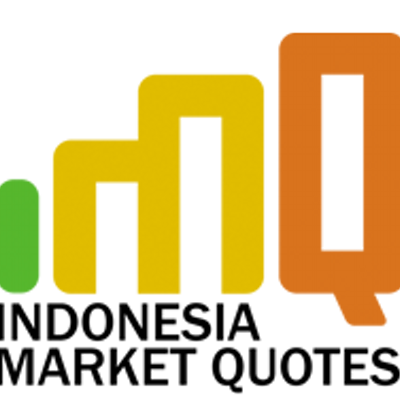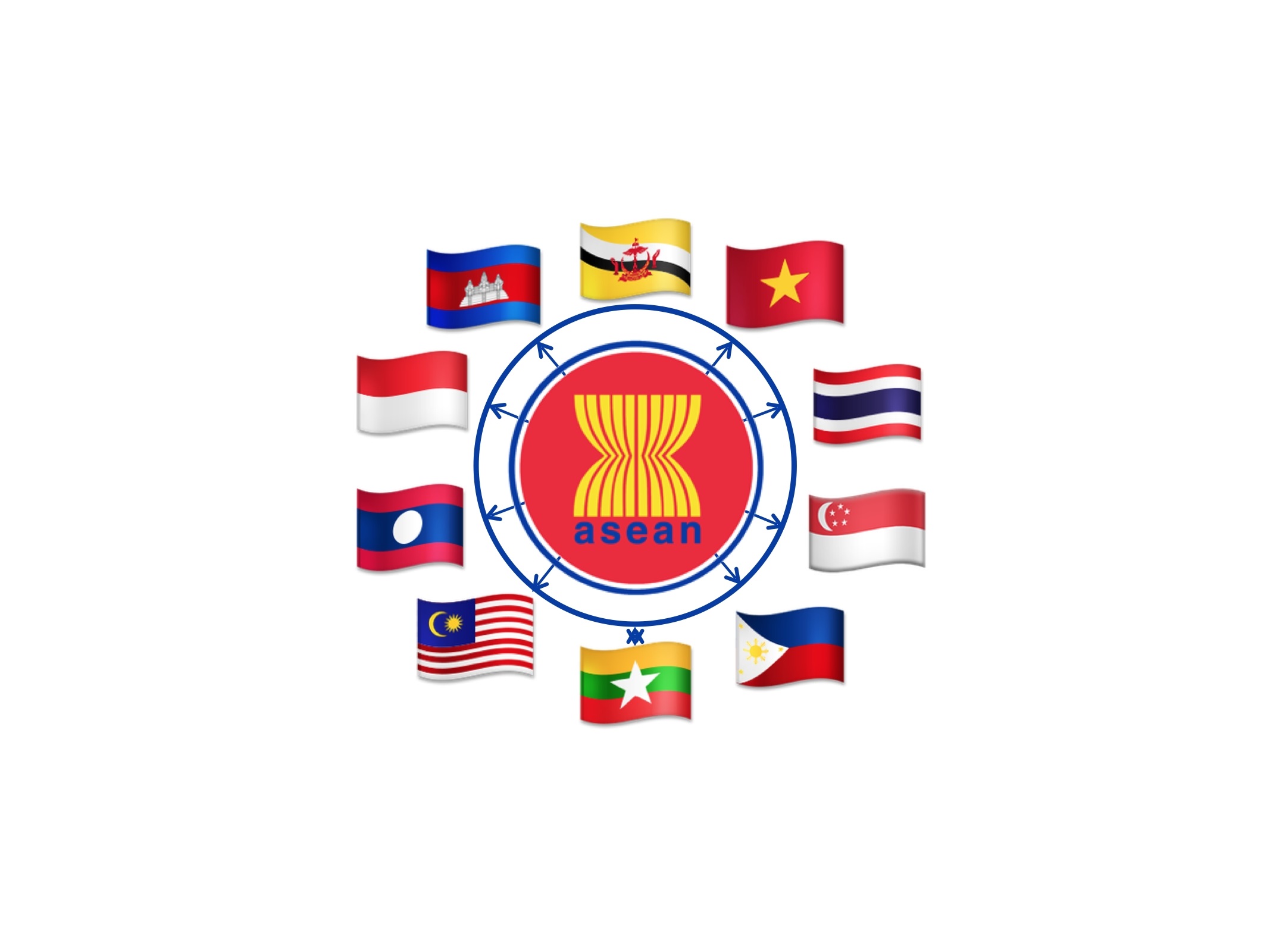Sri Rejeki Still Meets Financial Covenant to Restructure Debts
PT Sri Rejeki Isman Tbk (SRIL) or Sritex ensures that the company still meets the financial covenants provided by each of the company's creditors based on financial reports as of December 31, 2020.
This effort is related to the US$350 million syndicated loan restructuring process that is still ongoing.
Corporate Secretary Sritex Welly Salam said the loan restructuring process is currently in discussion and review with the company's financial advisor and legal advisor.
"We hope that the Indonesia Stock Exchange (IDX) can give us space and time to reach the best decision for all parties," he said in a letter to the IDX, Friday (16/4).
The chronology of the company's syndicated loan extension process began when the company sent a letter to the facility agent on November 2, 2020. Then, on February 2, 2021, the mandated lead arranger and book runner (MLAB) requested an extension of the processing time for one month to March.
On March 2, 2021, an extension of US$205 million was confirmed, and it was in the process of documentation and legalization with plans to sign on March 19, 2021. However, MLAB postponed the signing. As a result, Moody's Investors Service's rating agency cut Sritex's rating to B3 from B1 on March 22.
Fitch Ratings also lowered Sritex's rating to B- from previously BB-. The main factor that caused Moody's and Fitch Ratings to downgrade is the unresolved syndication extension.
Sritex obtained a syndicated loan of US$350 million based on the loan agreement on January 2, 2019, and the amendment to the agreement on March 20, 2019.
The creditors involved in this syndication include Citigroup Global Markets Asia Ltd, DBS Bank Ltd, PT Bank HSBC Indonesia, and HSBC Ltd. The syndication will mature on January 2, 2022. This loan is a loan without collateral and commitment.
The Sritex financial report explained that the Covid-19 pandemic made the loan extension process longer. Management assesses that bank liquidity has decreased, making adding new bank facilities and loans more difficult.
Besides, the pandemic has also caused the company's customers to ask for relaxation in bills. Not to forget, companies buy raw materials for longer needs to ensure the availability of raw materials in a lockdown in the supplier country.
Currently, the demand for export and local markets seen to have started to increase toward normal because temporary closures or reduced working hours have not been enforced in various countries and provinces.
Sritex also produces products needed to deal with Covid-19, namely mask products and anti-virus personal protective clothing. Management noted that the demand is so high that the company adds hours of work to related departments.
Last year, Sritex experienced a decrease in net profit by 2.65% annually to US$85.32 million, compared to 2019 of US$87.65 million. However, the company's revenue could increase by 8.52 percent annually to US$1.28 billion, from US$1.18 billion previously. In line with the increase in revenue, the cost of goods sold also increased to US$1.05 billion from US$946.58 million previously.


